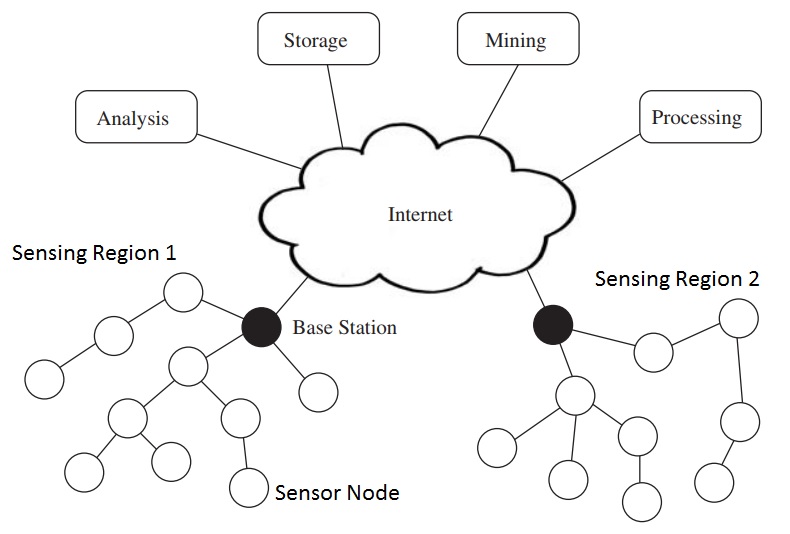How to Get the Best Price For Wireless sensor networks
Wireless sensor networks (WSNs) are a type of wireless network that consists of a large number of small, low-power devices called sensor nodes. These nodes are deployed in a physical area to collect data about the environment, such as temperature, pressure, humidity, or motion. The data is then transmitted to a central location for processing and analysis.
WSNs are used in a wide variety of applications, including:
- Industrial monitoring: WSNs can be used to monitor industrial processes, such as manufacturing, oil and gas production, and power generation.
- Environmental monitoring: WSNs can be used to monitor environmental conditions, such as air quality, water quality, and soil moisture.
- Home automation: WSNs can be used to control and monitor home appliances, such as lights, thermostats, and security systems.
- Military applications: WSNs can be used for battlefield surveillance, target tracking, and bomb detection.
The cost of a WSN can vary depending on the number of nodes, the type of sensors used, and the range of the network. However, there are a number of ways to get the best price for a WSN.
Here are 10 tips for getting the best price for a wireless sensor network:
- Do your research: Before you start shopping, it’s important to do your research and understand the different types of WSNs and their capabilities. This will help you to determine what type of network you need and what features are important to you.
- Get quotes from multiple vendors: Once you know what type of network you need, get quotes from multiple vendors. This will help you to compare prices and find the best deal.
- Consider buying used equipment: If you’re on a tight budget, consider buying used equipment. You can often find used WSNs in good condition at a fraction of the cost of new equipment.
- Look for discounts and promotions: Many vendors offer discounts and promotions on WSNs. Be sure to ask about any discounts that may be available.
- Consider leasing a WSN: If you don’t need a permanent WSN, you may want to consider leasing one. This can be a cost-effective option, especially if you only need the network for a short period of time.
- Build your own WSN: If you’re comfortable with electronics, you may want to consider building your own WSN. This can be a more cost-effective option, but it requires more time and effort.
- Use open-source software: There are a number of open-source software options available for WSNs. This can help you to save money on software licensing costs.
- Use cloud-based services: There are a number of cloud-based services that can be used to manage and monitor WSNs. This can help you to save money on hardware and software costs.
- Get government funding: If you’re a government agency or a non-profit organization, you may be eligible for government funding for WSNs. Be sure to check with your local government or non-profit organization to see if there are any available grants or loans.
- Negotiate with the vendor: If you’re still not happy with the price, try to negotiate with the vendor. You may be able to get a lower price by negotiating for a longer contract or by agreeing to purchase additional equipment.
By following these tips, you can save money on your WSN purchase.thumb_upthumb_downuploadGoogle itmore_vert





